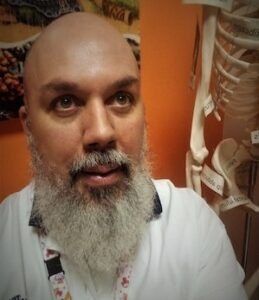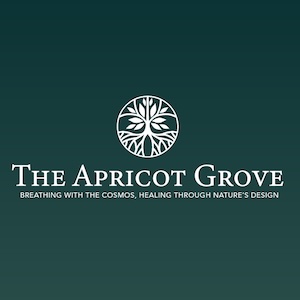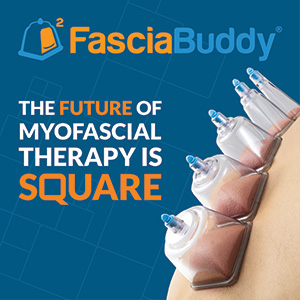Pain is a helpful signal when it works properly as a warning signal. But when that signal goes awry, it dramatically changes a person’s life and also affects their close relationships.
Jonathan Riemer has been researching chronic pain in children and he’s found there are social, neurological and psychological aspects to pain and its treatment.
Listen into this conversation on illness and how it functions within the family systems, disconnections between the mind and body, and the importance of opening the mind to possibilities..
- Pain is a multifactorial experience
- Links between chronic pain mechanisms and Chinese medicine theory
- Importance of understanding sympathetic/parasympathetic response
- Using Battlefield Acupuncture and Auricular therapy
- Psychosocial factors, neurology and functional pain
- Considering the disconnects between parts of the self
- The critical importance of acceptance, and how it downregulates the nervous system and opens the mind to possibilities
- Role of illness and how it functions within the family system
- Embodied angst
- Considering treating the parents as part of the treatment for the children
- Inviting patients into a playful inquiry on with their condition
- Integrating Western and Chinese medicine perspectives on pain
I have found the Huangdi Hama Jing, a Classical Chinese Medicine prohibition text to be an illumination in the darkness. It unfolds the heavenly stems and branches and five phases to expose deeper layers of practice
 My journey began at 13 years old upon discovering a book about Buddhism in the school library. My path trickled and flowed like a gentle stream from then on, meeting my first teacher at 16 when I was attracted to a Daoist taught weekly Qi Gong and Tai Chi class.
My journey began at 13 years old upon discovering a book about Buddhism in the school library. My path trickled and flowed like a gentle stream from then on, meeting my first teacher at 16 when I was attracted to a Daoist taught weekly Qi Gong and Tai Chi class.
Moving to Manchester, England to study Anatomy at University I then changed to Anthropology after a year, remaining interested in the body undertaking a dissertation on cultural aspects of illness, transforming the body and healing. This period exposed me to many giants in the Buddhist world and I met and took refuge with my Buddhist teacher. It also, through the Wellcome Trust funded programmes, introduced me further to Chinese medicine and postgraduate opportunities to learn and develop my practice in Chinese Medicine and Korean micro-acupuncture systems.
It was after this that I qualified in physiotherapy and have, after 12 years of working in the NHS, appreciated the opportunity that continues to present to develop treatments for chronic pediatric pain using Classical Chinese medical approaches and acupuncture. My research continues to address this and identify ways to navigate the schisms between Classical approaches and evidence based demands for homogeneity.
Links and Resources
Jonathan’s research publications on pediatric pain.
In the conversation we discussed this research on parental involvement in in treating pediatric pain














